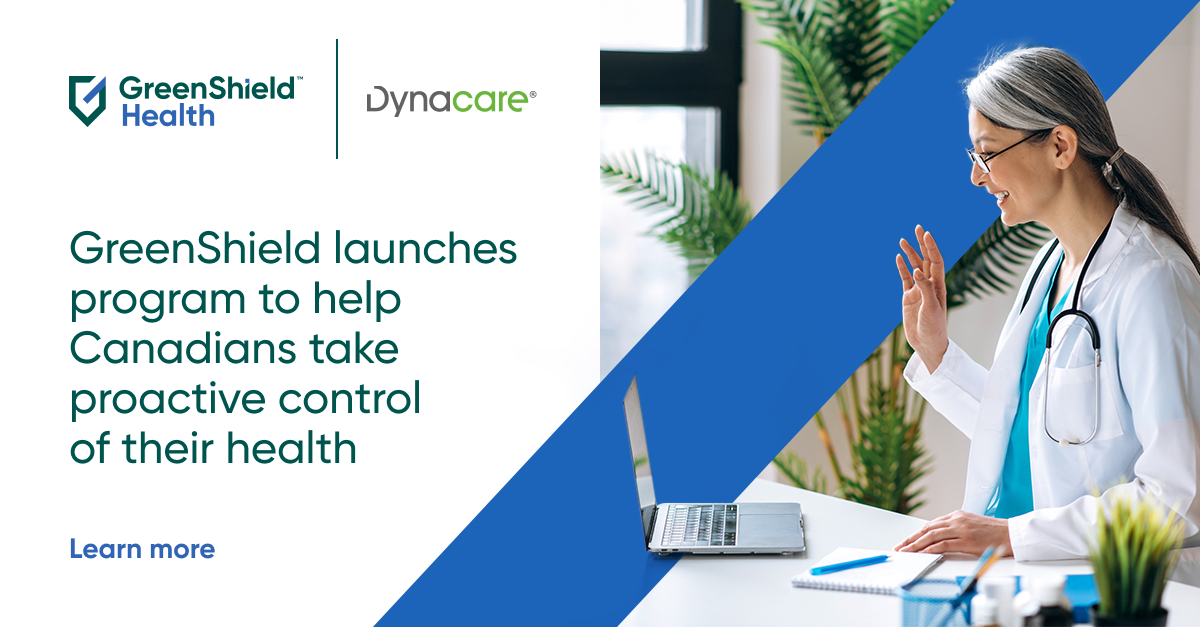By Heydy Lopez
You know those families you see in movies, sitting around the kitchen table at dinner time catching up on the day's events? Well, my family was far from that. I grew up in a Hispanic household, which for me meant that we didn’t talk about our feelings with each other or with anyone else. And we weren’t open about our mental health. It wasn’t until I was in my late 20s that I started opening up to my family, my husband, and my friends about things that happened to me as a child.
I’ve been a mom for as long as I can remember. I had my first child when I was a teenager, and I had my mom and my family to support me throughout that journey. However, after my second son was born, that was not the case. I was older, I had a job, and I had a helpful partner, so everything should have been great, and I should have been happy, but I was constantly angry and irritated. At the time, I didn’t know that it was postpartum depression. I thought that depression came out as sadness, not anger, rage, or irritability. So, I continued as if everything was fine—until it wasn’t.
Asking for help and finding a therapist
My relationship was suffering, and I was suffering. My life was a mess, and I had no idea how to fix it. I was at my breaking point when I finally got the help I needed through therapy.
Thankfully, my therapist and I hit it off right away, but that’s not always the case for many who are seeking help, because therapists are not one size fits all. GreenShield Cares Women’s Mental Health program has a personalized counselling matching tool that makes finding the right therapist much easier. It includes over fifty matching options to ensure that everyone finds the right mental health professional for them.
Looking back, I wish I had reached out for help sooner. I’m sharing this because I know moms and women often suffer in silence, because we believe we don't deserve help or need it.
Why self-care is important
It took a long time for me to accept that I couldn't do everything alone. I didn’t want to, so why did I feel like I had to be everything for everyone all the time? It’s just not sustainable or realistic. Now as a 32-year-old mom of three, wife, friend, and daughter, I know that taking care of myself doesn't mean I’m selfish. It means that I’m worthy, important, and at the end of the day, a better version of me—not only for my family but for myself.
Everyone's self-care practice looks different, but some of my favourite things to do include meeting a friend, going for brunch, or watching a movie alone at the theatre. For others, it might be as simple as going out for a walk alone, lighting a candle, taking the time to stretch, or even putting on a favourite song to jam out to in the car. Whatever sparks joy.
Everyone can benefit from mental health support
Whether you’re a mother or not, taking care of your mental health is super important. Everyone needs support at one time or another, which is why accessible and effective therapy matters. Fortunately, there are offerings like the GreenShield Cares Women’s Mental Health program that help you connect to the right therapist so that you can start your healing journey.
When you sign up, you’ll receive two free hours of culturally sensitive virtual therapy sessions and a complimentary subscription to online coach-assisted therapy (iCBT). The program’s personalized counselling matching tool includes more than 50 matching options—including culture, race, language, and religion—to ensure women can find a mental health professional who shares or can relate to their identity and lived experiences.
Disclaimer
This article contains guidelines or advice not intended to self-diagnose or treat. No content should be used as a substitute for direct advice from a qualified professional such as your doctor or mental health professional. Please reach out for support from a certified professional related to the symptoms you may be experiencing.
If you are in crisis and require immediate support, call 911 or go to your nearest emergency room. Alternately, please contact the Canada Suicide Prevention Service at 1-833-456-4566 (24/7). For residents of Québec, call 1 866 APPELLE (1-866-277-3553).



